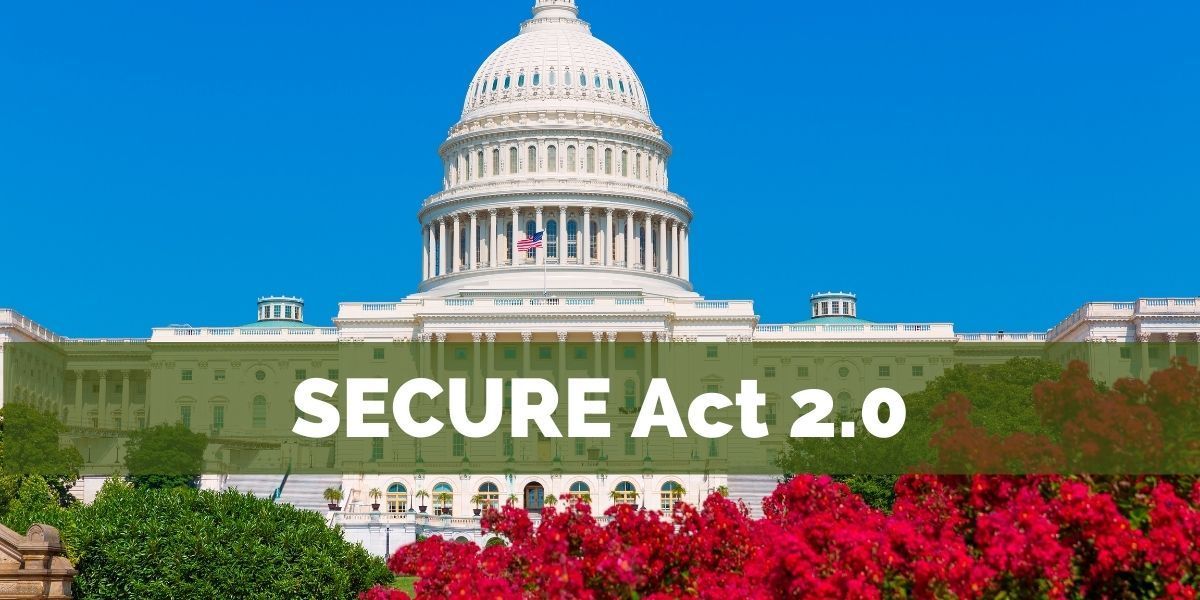Starting Estate Planning Conversations With Family
Often we try to avoid uncomfortable conversations to make our gatherings as shiny and bright as possible. You certainly don’t have to tackle all of your communal money-related questions during the holidays, but one key conversation should be at the top of your “to-do” list: estate planning.
What Is Estate Planning?
Estate planning is the process of organizing your estate and what happens to it after you pass away. An estate plan helps to build a legacy, ensure your family is taken care of, and indicate how you want your medical care and estate to be handled if you’re unable to communicate your wishes after an accident or medical emergency. It also encompasses other things like how you want your children to be cared for through a guardianship clause in your will, and more.
A good estate plan should have a few key documents, including:
- Will
- Trust
- Power of Attorney
- Advanced Directives
- Life Insurance
What Conversations Do You Need to Have?
There are a variety of conversations you need to have with your family regarding their estate plan. Sometimes it can be easier to break them into categories, and approach them when the subject feels comfortable or comes up organically in conversation.
Medical
This is one of the most important discussions to have with your family members regarding their estate plan. You need to know what healthcare directives exist for parents and close family members, and who their power of attorney is in the event that they can’t make medical decisions for themselves. Asking about medical preferences can also be incredibly helpful. For example: do your parents have a preference for what medical treatment they’d like to receive when unconscious, or if they’d like to be resuscitated in a life or death scenario? These conversations aren’t easy to have, but this knowledge will help you make decisions if you (or your siblings) is their power of attorney.
Responsibility
Several roles need to be filled in an estate plan. Your parents may have you as part of their strategy without you even being aware of it, and it’s best to be in the know! Here are a few responsibilities to ask them about:
- Personal Representative (PR). The PR is synonymous with an Executor. An executor of an estate is in charge of assessing someone’s assets, paying any remaining debts, and helping to execute an individual’s will.
- If there are children in the picture (even if they’re nieces or nephews!), it’s good to know who is their appointed guardian. This goes for aging parents and grandparents who can’t care for themselves, as well.
- Financial Power of Attorney. This person is in charge of your financial and legal affairs. Many parents indicate that one of their kids will be their Financial Power of Attorney.
- Medical Power of Attorney. Similar to a Financial Power of Attorney, this person is in charge of your medical decisions and directives in case you’re unable to make decisions on your own. Again, parents often indicate that one of their kids is their Medical POA.
- Advanced Medical Directive. This document is a “Living Will”. Although it isn’t a responsibility or position that someone needs to fill, it is important to know whether your parents, grandparents, and even siblings have one in place.
Insurance
Many parents and grandparents don’t have life insurance as they near retirement. However, if they do, it’s worth discussing their coverage and who they have listed as their beneficiaries.
Estate
Do you know what’s included in your parent’s estate? Being clear about what’s included, and how they want to divide their estate among you, your siblings, loved ones, and charities or organizations they support is critical. You and your family don’t want to feel surprised by how the estate will be divided.
A Case Study: What Happens When You Don’t Talk About Your Estate
Joan* is a successful entrepreneur who believes in caring for her family. Specifically, Joan allocates part of her budget toward caring for her grandmother – who raised both her and her siblings. Joan’s family is incredibly close, and all four of her siblings love their grandma. They’re all very attached to their grandma’s home where they grew up – and know that it’s likely worth quite a bit of money as it’s an up-and-coming neighborhood and has been well maintained.
Recently, Joan’s brother mentioned feeling torn about whether they should all sell the home when their grandma passes away, or whether they should keep it in the family and continue to maintain it. Joan was surprised because the mortgage is in her name, and she pays it monthly. The grandmother hadn’t told the siblings that Joan pays for her mortgage, and wants Joan to keep it quiet, as well.
This situation is problematic because Joan’s siblings assume that they’re entitled to a portion of the family home when their grandma passes on. However, the home is in Joan’s name, and so it isn’t part of her grandma’s estate. Although revealing the “big secret” that Joan is paying for the mortgage now may hurt her siblings, it will prevent a future incredibly uncomfortable conversation when the family is grieving – and could potentially save their relationships ahead of time.
How to Start the Conversation
You can avoid a situation like the one outlined above. If you’re unsure about how to start a conversation about estate planning with your parents and siblings, have your financial planner help you. Remember: The best gift to give your family is the shared knowledge of what your parents and grandparents want, and how you can all help them to carry on the family legacy.
Ready for some actionable tips on how to start the conversation? Here’s how to get started!
How to Start the Conversation:
- Wait for topics to come up organically. You don’t have to force the conversation, but if the subject of estate planning bubbles up – lean into it!
- Reference a friend or article you read. Come armed with conversation starters. Save an article on your phone, or think about recent estate planning conversations you’ve had with friends or loved ones.
- Bring up your financial planner. If you work with a financial planner, you can always pin the conversation on them! Saying: “My financial planner and I have been discussing estate planning…” is a great place to start.
The post Starting Estate Planning Conversations With Family appeared first on KC Financial Advisors.
KC Financial Advisors Blog














